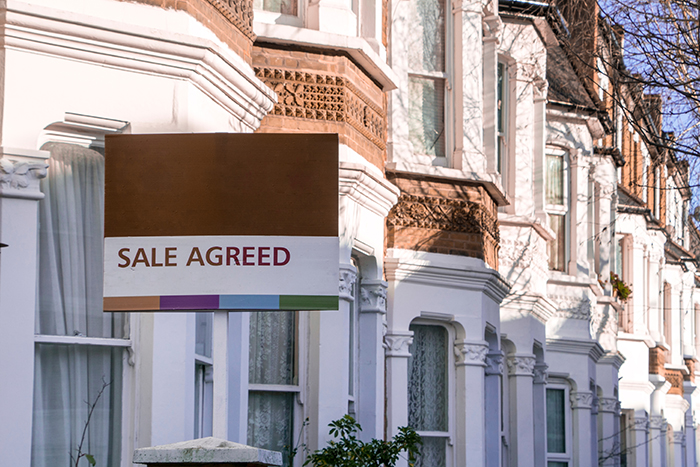
The UK housing market has shown early signs of recovery in 2024, with buyer demand surging by a third (33%) across the country since December last year, according to e.surv’s latest Property Watch report.
This positive trend has been accompanied by an increase in the supply of homes available for sale, with 30% of surveyors in London and the South noting an increase in the number of homes coming to market during the same time period.
Despite this, whilst the pace of annual house price falls continues to slow, most regions continue to see property selling below the initial asking price. The South of England and Wales experienced the steepest declines, with surveyors reporting that 60% of areas were selling below the asking price.
However, London is showing early signs of recovery, with 52% of surveyors reporting sales met or exceeded the asking price.
Surveyors report a sluggish market for new-build homes, with a third selling below asking price and longer sales cycles. This has meant a heavy reliance on buyer incentives, with around 60% of new homes relying on them to attract and retain buyers, often addressing upfront cost concerns.
Over a quarter of respondents (25.7%) said they had seen a rise in the use of deposit contribution incentives, followed by payment of legal fees (18%) and stamp duty (17.7%).
In this latest report, the UK private rental market continued to walk the line between resilience and constraint. While recent data portrays a landlord community securing favourable refinancing rates, easing pressures on landlords backed by mortgage finance, investor demand for buy-to-let remains negative on a net balance basis (-48%) compared to December.
This supply imbalance is particularly acute in Scotland, London, and Northern Ireland, where rent caps, economic factors, and a rise in international students in these regions are fuelling fuel demand, pushing asking prices upwards.
e.surv head of research Rob Owens commented: “After a challenging year for the UK housing market, it’s encouraging to see such strong homebuyer demand return at the start of 2024, coupled with an increasing number of homes hitting the market, particularly in London and the South. Despite this, however, some regions are still seeing many properties sell below the asking price, indicative of the market’s ongoing recovery.”
He added: “Overall, the market shows signs of recovery, but challenges remain. While buyer demand and supply are increasing, regional price disparities and sluggish new-build sales persist.
“The upcoming spring budget holds potential policy interventions such as cuts to stamp duty rates, extended first-time buyer schemes, or even a Help to Buy revival. However, the scale and impact of these measures will be dictated by the heavily constrained fiscal environment the government finds itself in.”



